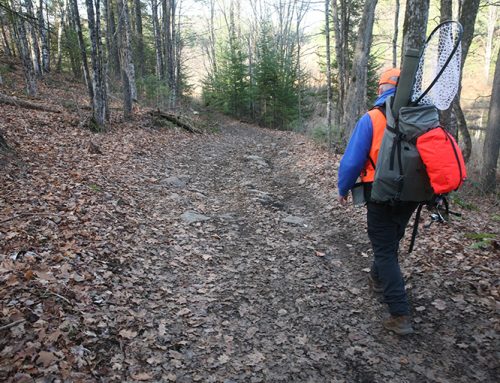 The use of a pesticide largely blamed for a drastic decline in Ontario honeybees will be reduced under new rules set out by the Ministry of Environment and Climate Change.
The use of a pesticide largely blamed for a drastic decline in Ontario honeybees will be reduced under new rules set out by the Ministry of Environment and Climate Change.
The ministry announced this week a new set of regulations that would reduce the number of acres planted with neonicotinoid-treated corn and soybean seeds by 80 per cent by 2017.
According to the ministry, some neonicotinoid insecticides are toxic to bees and other beneficial insects. The government says it is taking a precautionary approach to limit the use of neonicotinoid-treated seeds through new regulation.
Jerry Jerrard, a longtime beekeeper in Bobcaygeon, has opposed the use of neonicotinoids since he started to see changes in his own hives.
There’s been a huge change in the industry over the past decade, he says.
Figures released by the province state that in the winter of 2013-2014, bee deaths in Ontario reached 58 per cent.
Before neonicotinoids, a beekeeper might lose four to six per cent of his bees over the winter. He says now that figure is closer to 50 per cent each year.
Figures released by the province state that in the winter of 2013-2014, bee deaths in Ontario reached 58 per cent. The generally accepted level by those who care for and breed bees is 15 per cent.
In 2014, Jerrard became one of more than 100 Ontario beekeepers to join a $450-million class-action lawsuit against two pesticide manufacturers, alleging their products have caused widespread deaths in bee colonies.






Sad that OOD presents only one side, that of the Sierra Club. The OBA was taken over a few years back by the Sierra Club. This isn’t a bee issue, it’s an anti-agriculture issue. The science is clearly NOT on the side of the provincial government or the OBA on this issue. I expected better.
Tough call. These pesticides have been a big benefit to some farmers. But we need our bees.